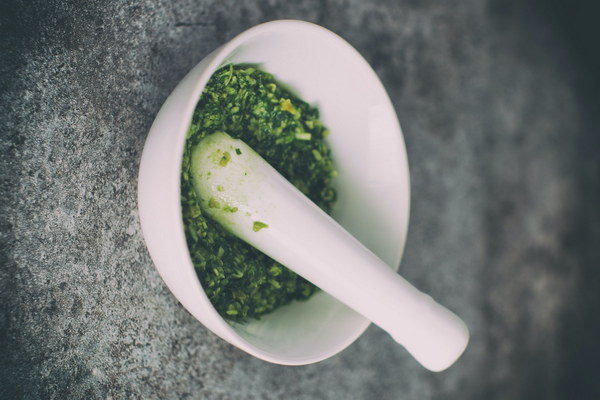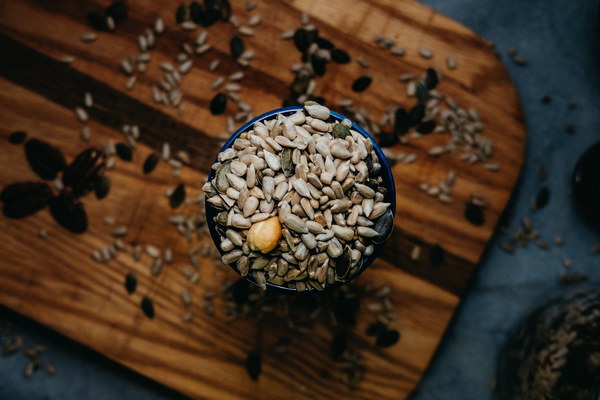Can Tomatoes Help Cleanse the Lungs Exploring the Health Benefits of this Versatile Fruit
Can Tomatoes Help Cleanse the Lungs? Exploring the Health Benefits of this Versatile Fruit
Tomatoes are not only a staple in kitchens around the world but also a subject of fascination in the realm of nutrition and health. While it is commonly known that tomatoes are rich in vitamins, minerals, and antioxidants, a lesser-known claim suggests that they can help cleanse the lungs. But can this juicy fruit really have such a profound effect on our respiratory system? Let's delve into the science behind this intriguing possibility.
The Tomatoes' Nutritional Profile
To understand how tomatoes might benefit the lungs, it's important to first examine their nutritional composition. Tomatoes are packed with various nutrients that are essential for overall health. They are a great source of vitamins A and C, both of which play a crucial role in maintaining the integrity of the respiratory tract. Vitamin A is important for the production of mucus, which helps to trap and expel foreign particles from the lungs, while vitamin C is a powerful antioxidant that can help protect the lungs from oxidative stress.
Moreover, tomatoes are rich in lycopene, an antioxidant that has been extensively studied for its potential health benefits. Lycopene is known for its ability to reduce inflammation and has been linked to a lower risk of various cancers, including lung cancer. This makes tomatoes a promising candidate for supporting lung health.
The Lung-Cleaning Claims
The claim that tomatoes can cleanse the lungs is often based on the idea that the nutrients in tomatoes can help reduce inflammation and oxidative stress, both of which are factors that contribute to lung disease. Here are some ways in which tomatoes might support lung health:
1. Antioxidant Protection: As mentioned earlier, the antioxidants in tomatoes, particularly lycopene, can neutralize harmful free radicals that can damage lung cells. This may help protect the lungs from chronic conditions such as chronic obstructive pulmonary disease (COPD) and asthma.
2. Anti-Inflammatory Effects: Chronic inflammation is a hallmark of many lung conditions. The anti-inflammatory properties of tomatoes could potentially help reduce inflammation in the respiratory system, thereby alleviating symptoms and improving lung function.
3. Vitamin Support: The vitamins found in tomatoes contribute to the maintenance of a healthy immune system, which is essential for fighting off infections and diseases that can affect the lungs.
Evidence and Studies
While there is anecdotal evidence supporting the lung-cleansing properties of tomatoes, scientific research is limited. Some studies have shown promising results, while others have not found a direct correlation between tomato consumption and lung health.
One study published in the journal Nutrition Research suggested that a diet rich in lycopene, such as that found in tomatoes, may reduce the risk of lung cancer. However, more research is needed to establish a definitive link between tomato consumption and lung health.

Conclusion
While tomatoes may not be a magic bullet for lung health, they are certainly a nutritious addition to any diet. Their high vitamin and antioxidant content makes them a valuable food choice for those looking to support their respiratory system. Incorporating tomatoes into your meals can be a delicious and potentially beneficial way to promote overall lung health.
It's important to note that while individual foods can contribute to overall health, they are just one piece of the puzzle. A balanced diet, regular exercise, and avoiding smoking are all critical factors in maintaining good lung health. As always, it's best to consult with a healthcare professional before making significant changes to your diet or lifestyle.









